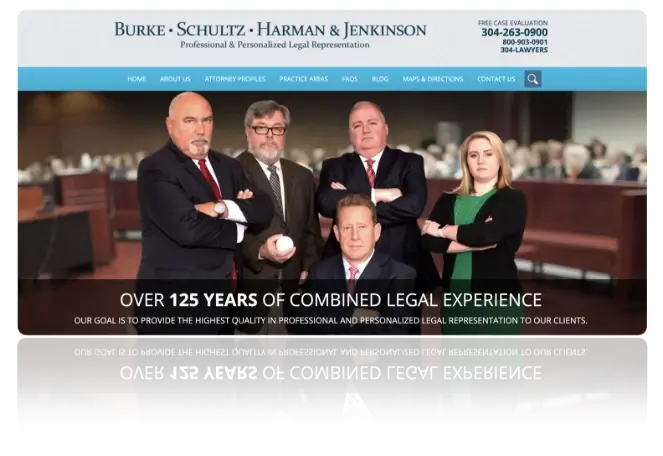Law Commentary - California Edition
Travis Scott to Face Jury Trial Over Astroworld Disaster After Judge Denies Dismissal
A Houston judge has ruled that rapper Travis Scott must face a jury trial concerning the tragic events at the 2021 Astroworld music festival, where a deadly crowd crush during his performance resulted in ten deaths and hundreds of injuries. Judge Kristen Hawkins denied Scott’s motion for dismissal, keeping him as a defendant in the first of what could be many trials stemming from the incident.
Scott’s legal team argued that the artist, whose real name is Jacques Bermon Webster II, should not be held liable for the safety and security failures at the event, claiming that these responsibilities do not fall on performing artists. However, the ruling on Wednesday refuted this claim, potentially setting a precedent for how performers might be held accountable in the organization and management of large-scale events.
The tragic events at the Astroworld music festival have sparked significant legal scrutiny over the responsibilities and potential liabilities of performing artists involved in organizing and executing large-scale public events. The case against Travis Scott, a central figure in both performing and promoting the festival, highlights several legal theories under which performing artists could be held liable:
1. Negligence: This is one of the most straightforward theories of liability and it asserts that an artist failed to exercise reasonable care in the planning and execution of a concert or event. For Travis Scott, plaintiffs could argue that he was negligent in failing to ensure adequate safety measures were in place at Astroworld, given his role in promoting and influencing the management of the event. If his actions or lack thereof are proven to have contributed to the unsafe conditions, this could establish his negligence.
2. Incitement: Under this theory, an artist could be held liable if it is shown that they encouraged unlawful or dangerous behavior that contributed to an incident. In the case of Astroworld, allegations that Scott encouraged fans to ignore security protocols or enter the venue without tickets, if proven, could potentially frame him as inciting the behavior that led to the crowd crush.
3. Vicarious Liability: Although typically applied to employers, this theory could extend to performers if they can be shown to have sufficient control over the actions of others involved in organizing the event. If Scott had a significant role in hiring or supervising personnel responsible for crowd control and safety measures, his position might expose him to vicarious liability for their failures.
4. Breach of Contractual Duty: If Scott’s contract for Astroworld included specific provisions regarding safety and security measures, his failure to adhere to these provisions could be construed as a breach of contract. Plaintiffs could argue that this breach directly contributed to the unsafe environment that resulted in the disaster.
5. Public Nuisance: This legal theory could apply if the manner in which the concert was conducted interfered with community safety or convenience. Scott’s performance, particularly if found to have contributed to creating or exacerbating the hazardous conditions, could be considered a public nuisance.
6. Product Liability: Although less commonly associated with performers, this theory could be invoked if the “product” (in this case, the concert experience) is considered to have been inherently dangerous and not fit for its intended use. If the overall design of the concert—potentially influenced by Scott’s performance and promotional activities—was unsafe, this could potentially lead to a product liability claim.
These theories illustrate the potential legal responsibilities and liabilities that can impact performing artists, particularly those who play multifaceted roles in their events beyond just performing. The outcomes of the Astroworld litigation may set important precedents for how such liabilities are viewed and adjudicated in the future, potentially leading to stricter standards for artist involvement in event management and promotion.
The litigation has consolidated more than 2,500 lawsuits into a single action being heard in Texas state court in Houston. The collective claims assert that Scott, along with Live Nation and other event organizers, failed to adequately plan and ensure the safety of the festival participants. The lawsuits seek billions in damages for alleged negligence.
The first trial, set to commence on May 6, involves a wrongful death case filed by the family of Madison Dubiski, a 23-year-old victim of the festival. Despite efforts by several defendants to be dismissed from the case, including the successful dismissal for Canadian rapper Drake earlier this month, Scott remains directly implicated. His connection to the event, not just as a performer but as a central figure in its promotion and marketing, has been a focal point in the legal proceedings.
As reported by the Associated Press, during a deposition in October, Scott was questioned for approximately eight hours by plaintiffs' attorneys. Arguments from the family’s attorneys suggest that Scott exhibited a “conscious disregard for safety,” citing instances where he allegedly encouraged fans to bypass ticket requirements and ignored directives to halt the concert as the situation became perilous.
© 2024 LawCommentary.com. All rights reserved.

